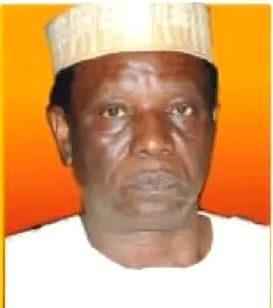“The Church should always stand up fiercely for social justice and human rights and should teach that we are all one in Christ. As St. Paul says, ‘there is neither Jew nor Greek, there is neither bond nor free, there is neither male nor female: for ye are all one in Christ Jesus’, so should our Pastors teach us to look beyond our tribal affiliations,” the Director of the peace entity of the Southern African Catholic Bishops’ Conference (SACBC) said.
He added, “If the Church did its job of evangelizing hearts properly in all these years, we would have seen even just Catholics voting for candidates based on their values and track records, and not based on tribal lines.”
Tribal undertones seemed to characterize the 2022 political campaigns and elections in Kenya, with potential supporters of the leading Azimio La Umoja One Kenyan Coalition and Kenya Kwanza political alliance also being grouped according to geopolitical zones.
In Kenya, the various counties were christened candidates’ “strongholds”, with Dr. William Ruto’s Kenya Kwanza political alliance identifying regions such as Nyandarua, Nyeri, Kirinyaga, Murang’a, Kiambu, West Pokot, Trans Nzoia, Uasin Gishu, Elgeyo Marakwet, Nandi, Baringo, Laikipia, Meru, Tharaka Nithi, Embu, Bungoma, Kericho and Bomet as their strongholds.
Raila Odinga’s Azimio La Umoja, on the other hand, seemed to boast of a larger following in Kakamega, Vihiga, Busia, Siaya, Kisumu, Homa Bay, Migori, Kisii, Nyamira, Kitui, Machakos, Makueni, Taita Taveta, and Mombasa.
Dr. Ruto, Kenya’s current Deputy President was on August 15 declared the winner of the tight Presidential poll with 50.49% of the valid votes, against his main challenger, former Prime Minister Raila who garnered 48.85%.
There are those who, however, believe that the 2022 presidential race in Kenya “is the end of ethnic groupings in determining who becomes king”.
An analysis by The East African indicates that the presidential election pitting Kenya Kwanza Alliance and the Azimio La Umoja One Kenya Coalition showed ethnic groupings are still a major factor in determining who leads the country, but may not determine who eventually leads in an election.
According to the analysis, Kenyans mainly voted according to their socioeconomic interests and social justice.
In the August 23 interview with ACI Africa, Mr. Viljoen applauded the Kenyan authorities for conducting what he referred to as a “free and fair” election.



















Discussion about this post